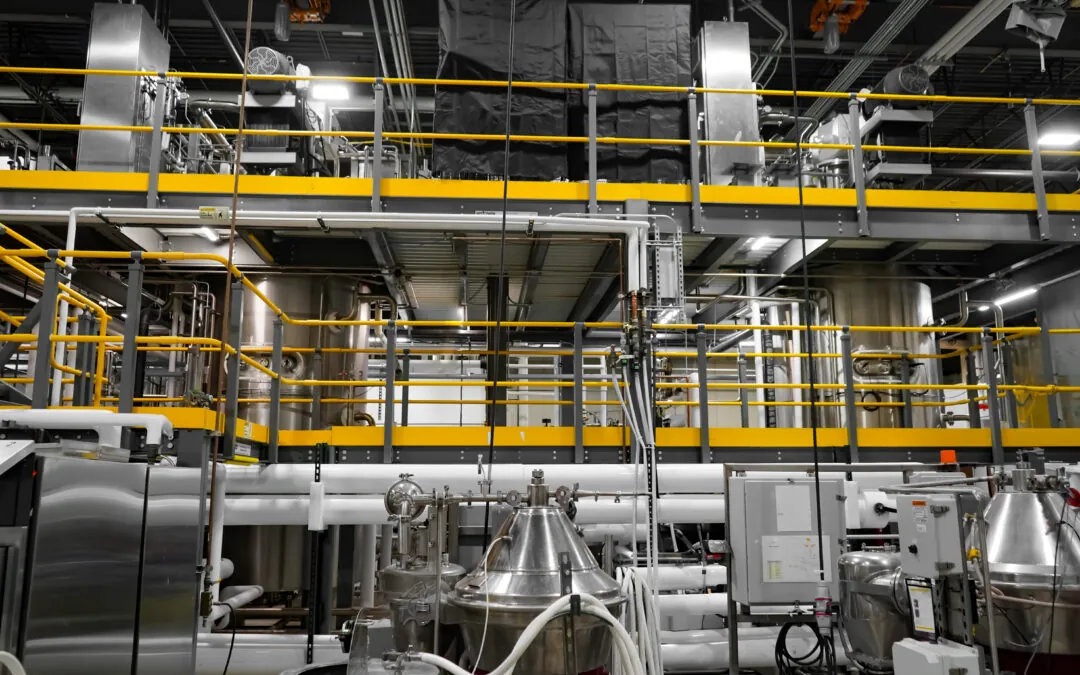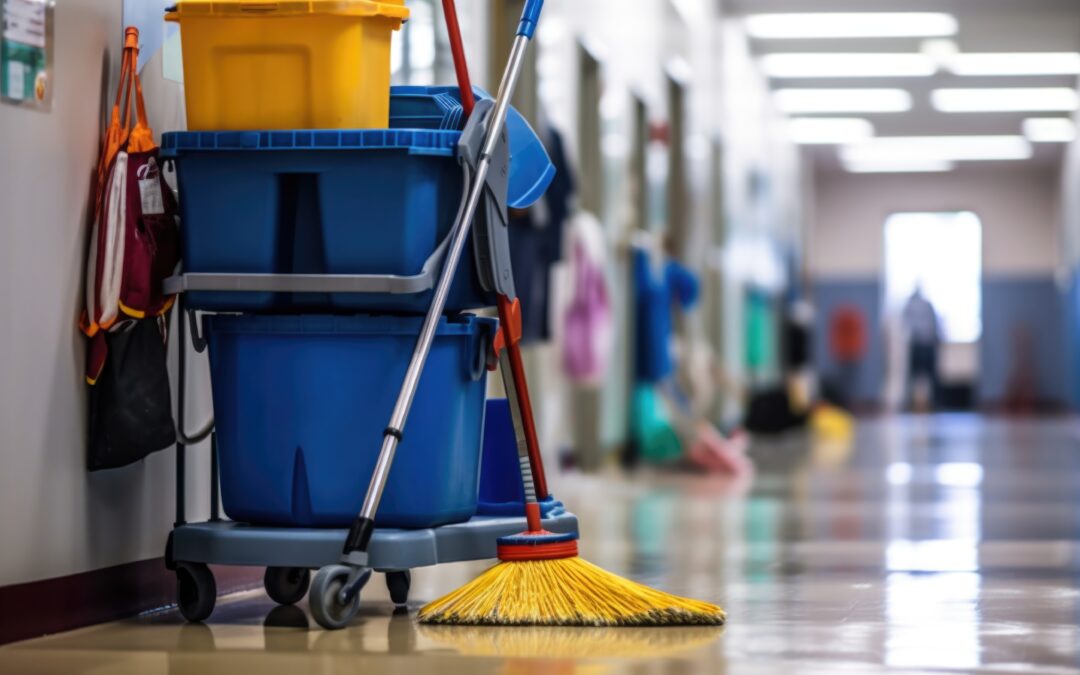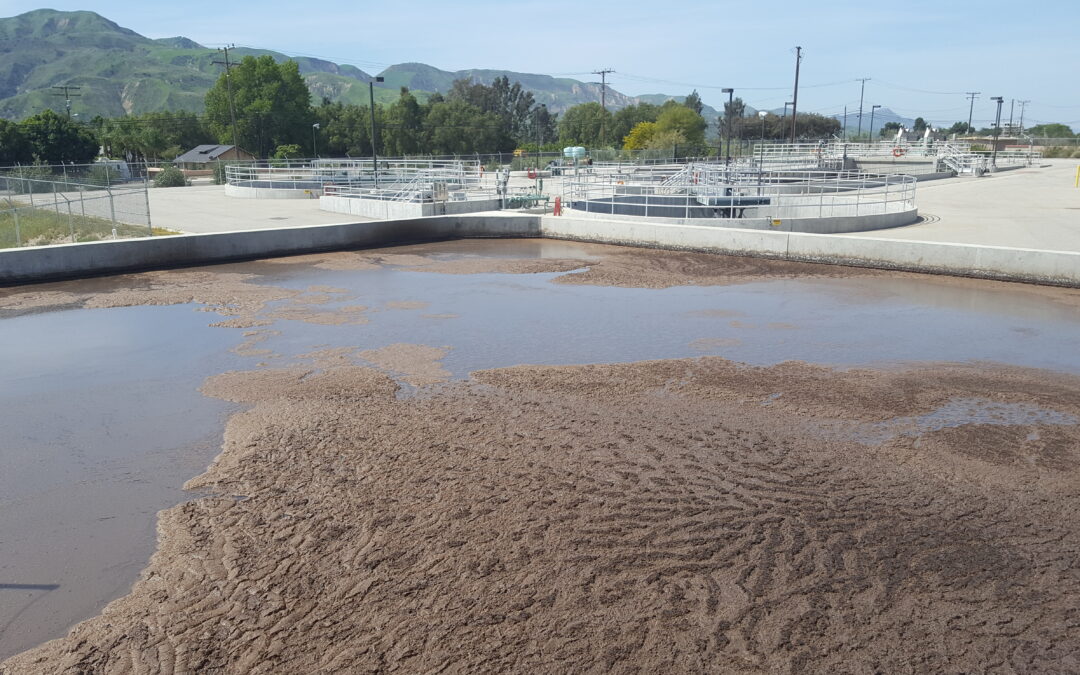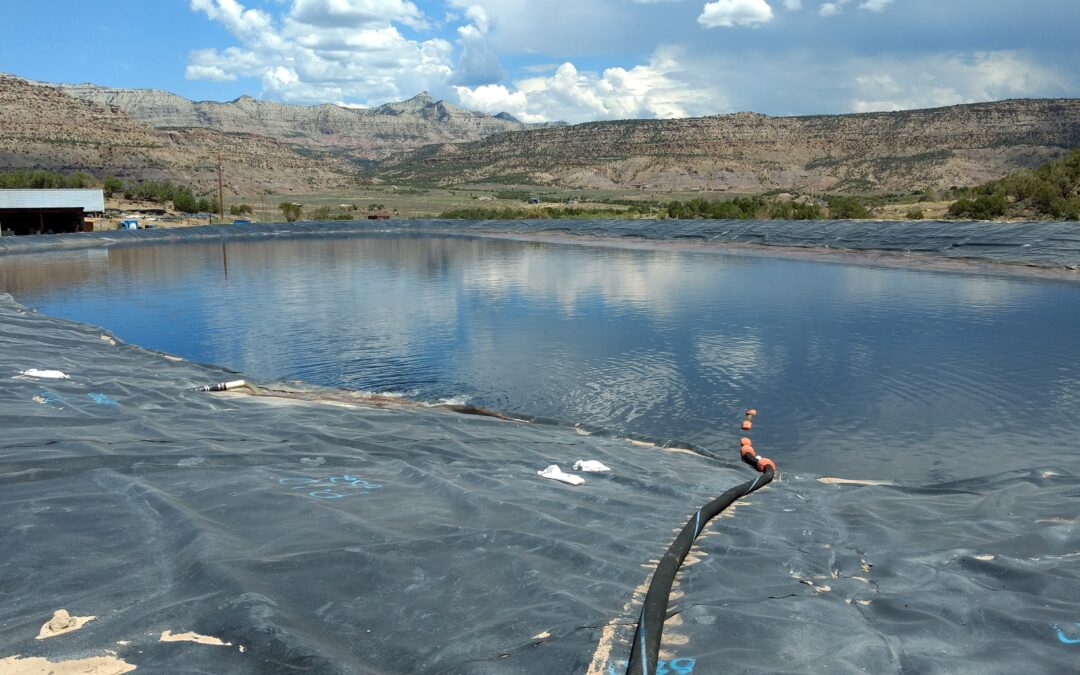Over the past decade, clean ingredient incentive groups worldwide have taken a hard look at manufacturers of products used for Industrial, Institutional, and Consumer (IIC) cleaning and the environmental impact these products elicit.
Many commodity ingredients of the past decades have experienced a great deal of scrutiny and limitation in use as of late. Some of these may look familiar:
- Nonylphenol ethoxylates
- Phthalates
- Harsh caustics and acids
- Phosphates
- Harsh chemicals
- Silicates
- Solvents
These are just a handful of types of ingredients that were formerly used in abundance but now have experienced restrictions by many environmentally conscious agencies. Manufacturers and distributors in the IIC sector are grappling with finding environmentally friendlier alternatives to these ingredients.
There is a need for cleaning ingredients with a lower bioburden, to bridge the gap between the effective products of yesterday, and the cleaner products of tomorrow.
Amidst the increasing restrictions on ingredients used in cleaning products, Bacillus has emerged as a unique and effective solution. To say that “Bacillus is biodegradable” is a gross underestimation of the power of Bacillus. Bacillus is the “Biodegrader”, excelling at addressing stains by digesting and eliminating organic materials at their source.
In formulating cleaning products, it is worth considering laws and regulations regarding the substances being used, such as:
- Toxic Substances Control Act (TSCA)
- Domestic Substance List (DSL)
- Registration, Evaluation, Authorization, and Restriction of Chemicals (REACH),
Depending on your intended markets and applications, other groups should be reviewed before launching your product. Changing regulations for the surfactants, buffers, builders, and adjuvants of your products may pose challenges in ensuring compliance with your product line.
Luckily, we are well-versed and up to date in the ever-changing restrictions faced by the industry and can be considered a partner to ensure that the product you distribute, or manufacture, will be safer to the environment and compliant with regulating agencies.
Contact your Microbial Discovery Group sales rep for more information on how we can help you safely navigate the standards that enforce product ingredients. CONTACT US.









